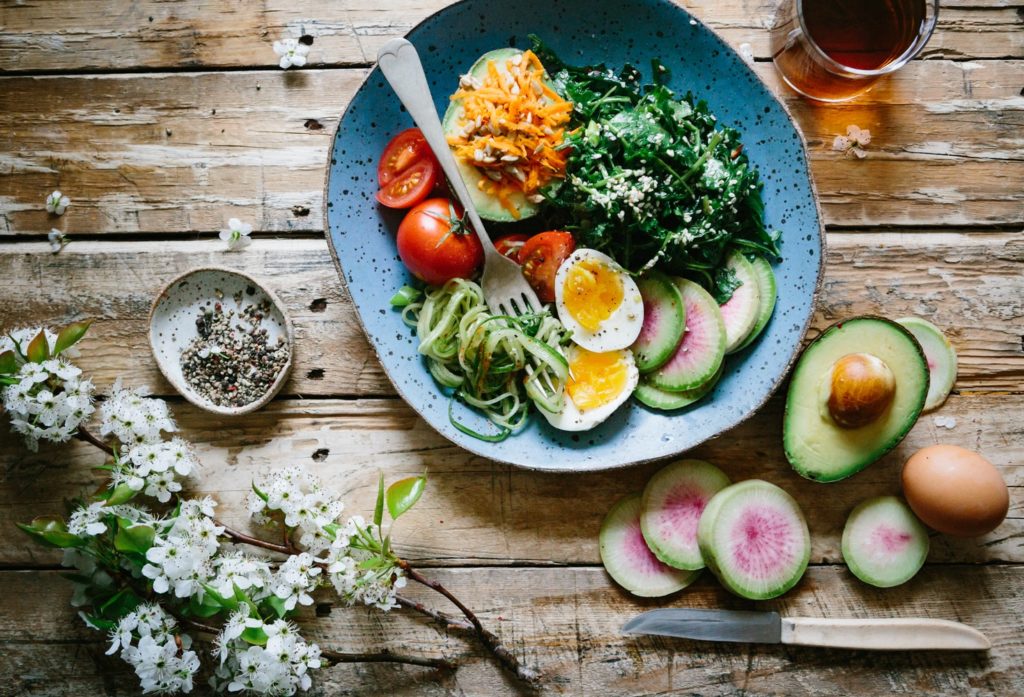In the world of construction and design, finding the best waterproof wood is crucial for ensuring durability and longevity. With numerous options available, it can be challenging to determine which wood species truly excel in water resistance. In this article, we will explore the characteristics, applications, and advantages of various types of wood, ultimately revealing the ultimate waterproof wood.
- Understanding the Importance of Waterproof Wood:
Water damage is a common concern in many industries, including construction, furniture manufacturing, and outdoor decking. The best waterproof wood not only withstands moisture but also resists rot, decay, and warping. It ensures the longevity of structures and minimizes maintenance costs. - Teak Wood: The Timeless Champion:
Teak wood, renowned for its exceptional water resistance, has been a top choice for centuries. Its natural oils and dense grain structure make it highly resistant to water penetration. Teak is commonly used in boat building, outdoor furniture, and decking due to its ability to withstand extreme weather conditions. - Cedar Wood: The Aromatic Water Repellent:
Cedar wood possesses natural oils that act as a deterrent to water absorption. It is commonly used in saunas, hot tubs, and outdoor structures. Cedar's pleasant aroma, insect-repellent properties, and resistance to decay make it a popular choice for both functional and aesthetic purposes. - Accoya Wood: The Technological Marvel:
Accoya wood is a modified timber that undergoes a process called acetylation, significantly enhancing its water resistance. This sustainable and eco-friendly option offers exceptional dimensional stability, making it ideal for windows, doors, and exterior cladding. Accoya wood's resistance to swelling and shrinking in wet conditions sets it apart from traditional wood species. - Ipe Wood: The Tropical Powerhouse:
Ipe wood, also known as Brazilian Walnut, is renowned for its remarkable durability and water resistance. It is often used in high-moisture environments such as docks, boardwalks, and outdoor furniture. Ipe wood's dense grain and natural oils contribute to its exceptional resistance to water, rot, and insects. - Redwood: The Natural Moisture Barrier:
Redwood, primarily found in the western United States, possesses inherent properties that make it resistant to water damage. Its natural tannins act as a protective barrier against moisture, making it suitable for outdoor applications, including decks, fences, and garden furniture. Redwood's rich color and natural beauty further enhance its appeal.
Conclusion:
When it comes to selecting the best waterproof wood, several factors need to be considered, including natural resistance, durability, and suitability for specific applications. Teak, cedar, Accoya, ipe, and redwood are among the top contenders, each offering unique advantages. By choosing the right wood species, you can ensure the longevity and beauty of your projects while minimizing maintenance efforts. Remember, investing in high-quality waterproof wood is a wise decision that pays off in the long run.


